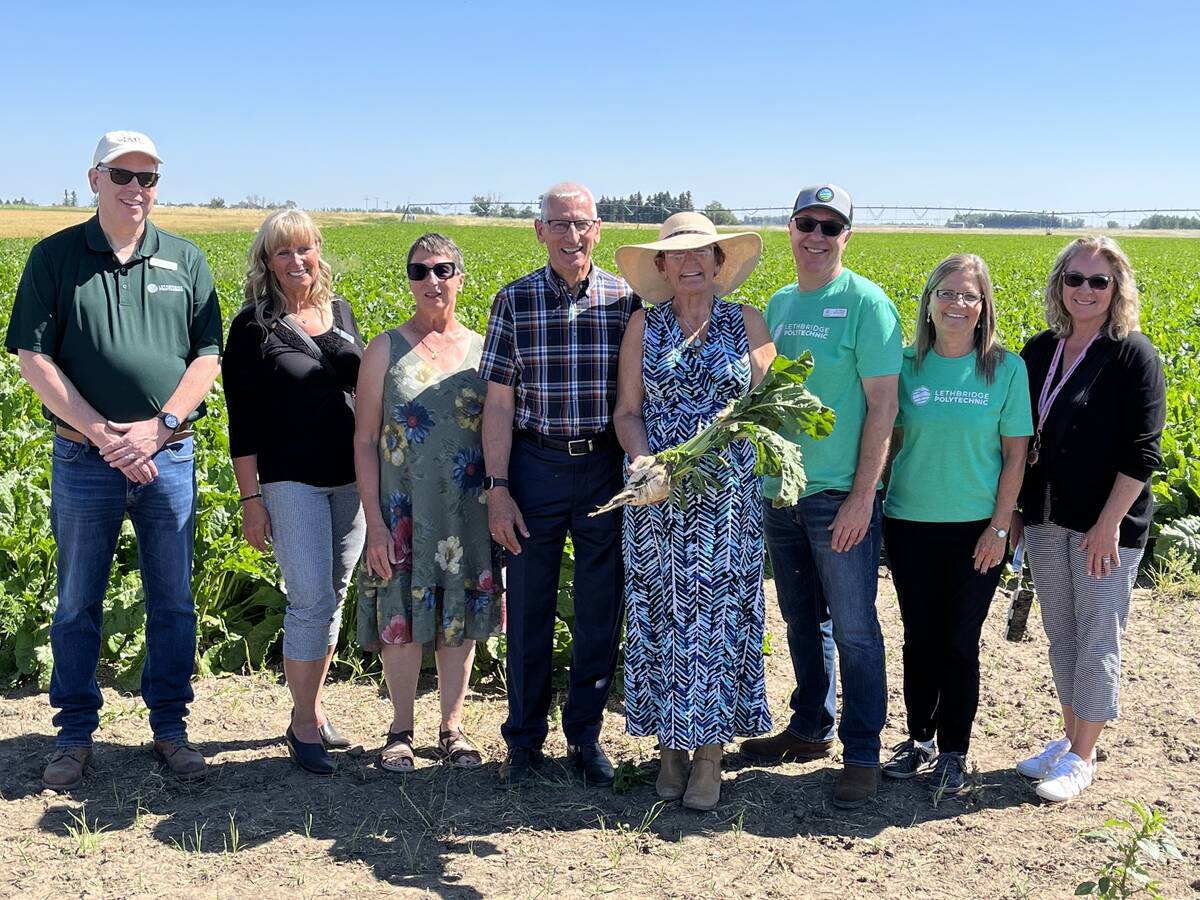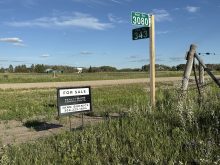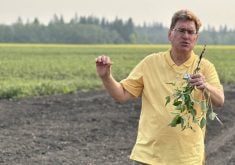The latest tuberculosis outbreak in Manitoba cattle has rallied support for a national identification program that would trace all cattle back to their original herds.
Dealing with contagious disease outbreaks would be less work and more precise if cattle could be easily traced, said the federal veterinarian handling the case.
“It is down and dirty trenchwork right now,” said George Luterbach, heading the Rossburn and Virden investigations for the Canadian Food Inspection Agency.
“We have situations where we’re looking for animals of an approximate weight and color, so it is not an absolute here.”
Read Also

Lethbridge Polytechnic receives major donation
Multimillion-dollar donation by Hranac family aids Lethbridge Polytechnic’s research in integrated food production systems, irrigation science and post-harvest technology in Alberta
Without national identification, investigations into disease outbreaks means testing more cattle than necessary, he said.
Create concern
Ed McCall, head of the Canadian Veterinarian Medical Association, said recent TB outbreaks in southwestern Manitoba should raise producer support for the program.
“If a disease such as hoof-and-mouth disease were ever introduced into Canada, I shudder to think what would be the situation here. You couldn’t trace back to the herd of origin,” McCall said.
Some producers are resisting because the new program could mean more work and the added expense of ID tags.
It would also bring to light farmers using questionable production practices, McCall added.
“That kind of producer isn’t anxious to have people be able to find him if there’s problems with the animals he ships.”
















